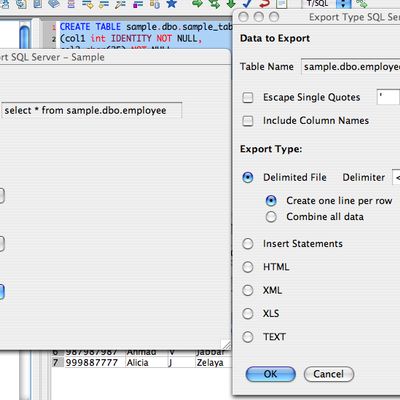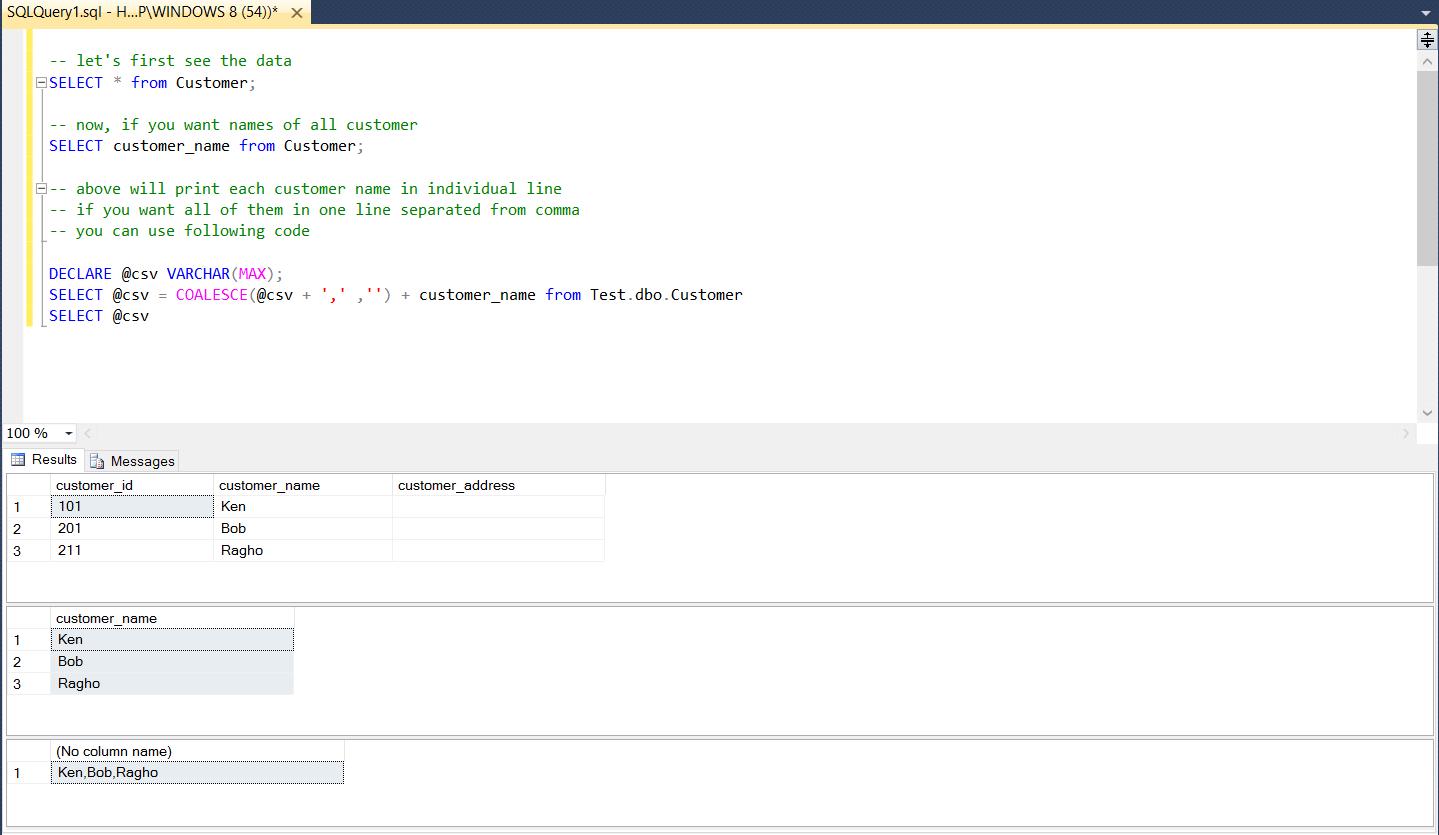

You can use this function for rather then number_format(), its working same as number_format also you can customized in it. This function is written by some anonymous person - I got it from Google

I never test it but just of gut feeling, it seems the t-sql is complex to achieve the same result. Without a doubt, strings are the most common type of data with which PL/SQL developers will work, but it is certainly a very rare application that does not also rely on numbers. If (substr($stringtoreturn, 0, 2) = "-,") For discussion purpose, I always have some suspicion that in some cases, FORMAT() may be better than t-sql, for example, separate large numbers with comma every 3 digits, or formating a numeric with percentage. The previous article in this introductory PL/SQL series focused on working with strings in PL/SQL-based applications.
#Ems sql manager show numbers without commas manual#
This manual documents EMS Data Import for SQL Server No parts of this work may be reproduced. $stringtoreturn = number_format($num, 2) Data Import for SQL Server User's Manual Data Import for SQL Server User's Manual All rights reserved. $decimalpart = substr($num, $pos + 1, 2)

Try this : function formatInIndianStyle($num) The answer is 1250845.18599600325 but i want result should be like 12,50,845.18 i try like echo number_format($result,2,'.',',') īut the result is 1,250,845.18 it is also not correct how can i do itAnswer1: In my program i want a number convert to money format for example i have values $a, $b adding those numbers final result should be display money format means add with ,(comma for above thousand values) and decimal value $a = 1095362.2362548


 0 kommentar(er)
0 kommentar(er)
